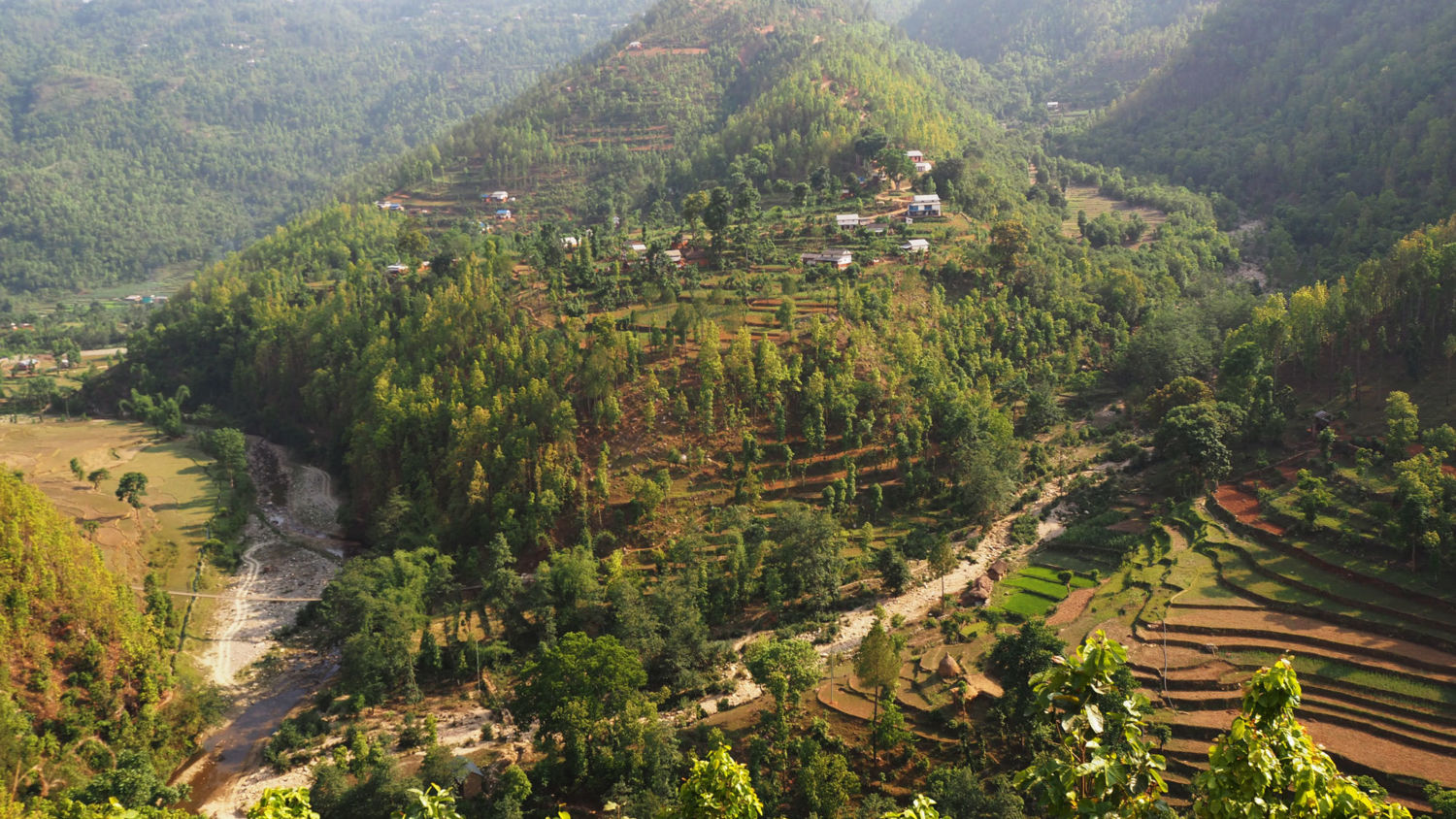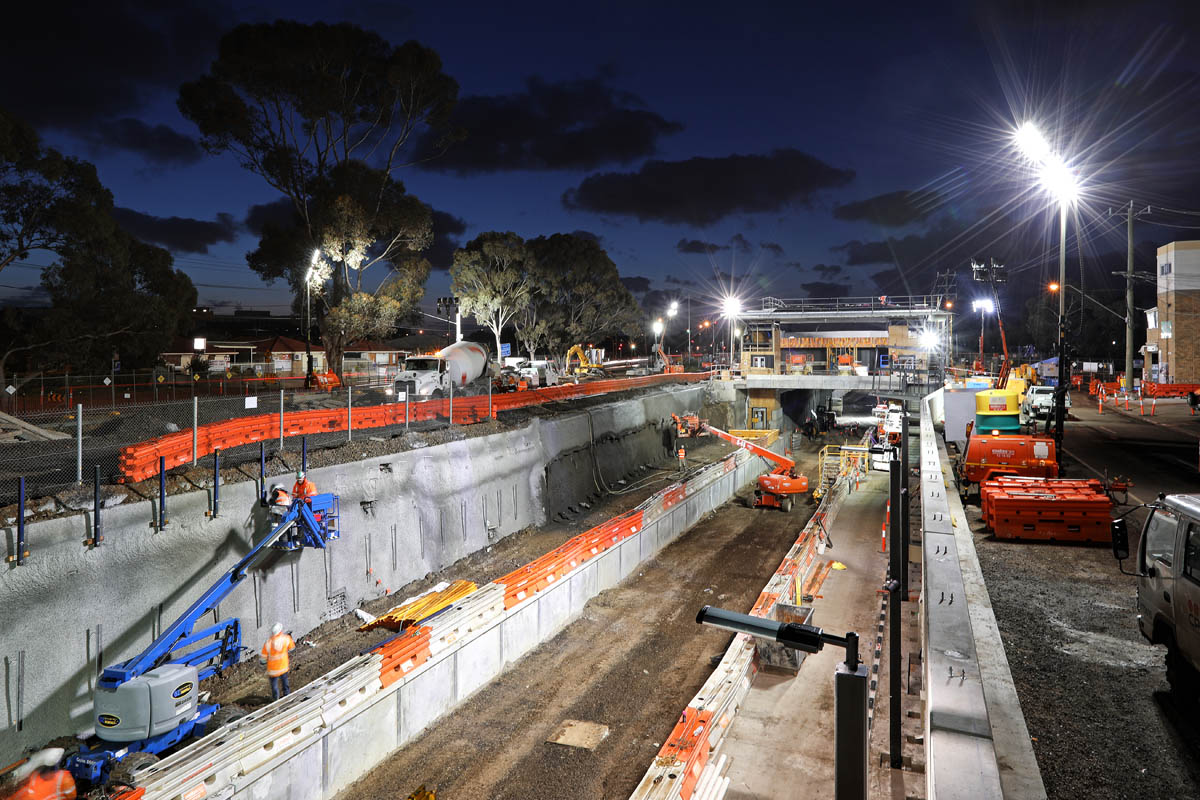Amrita Kharel is no ordinary migrant. Before she left her native land - a small village in remote Nepal she could hardly utter a few words in English.
In 2020, after many hardships, Kharel is proving to be one special migrant that many others aspire to be.
For ten-year-old Amrita Kharel, the world was two sides of the same mountain - on one side was her father’s home and on the other was where her maternal grandmother lived.
Kharel’s father was then working in the Middle East as many other men from the Himalayan nation and brought the third dimension into her psyche - life in the city, life overseas. “I used to imagine what overseas cities would be like when my dad used to tell us about those far-flung place,” she says.
“I used to imagine what overseas cities would be like when my dad used to tell us about those far-flung place,” she says.

By 2006, Nepal was crippled in a civil war that was almost a decade long and had affected almost everyone in the country, let alone people who lived in the hilly and remote countryside where the Maoist guerrillas and security forces often fought fiercely and when not directly engaged - used the vulnerable people to play a proxy war.
And one day, her father told Amrita that she and her mother were going to Australia with him.
“I could not believe it,” she says. Neither she nor her mum could comprehend how their life was going to change - forever.
But, until the visa and other necessities were sought - he moved them to Kathmandu, Nepal’s capital city. “I was excited to go to Kathmandu and get admitted to an English medium school in the city,” she told SBS Nepali, comparing her ordeals when she had to walk almost an hour - up and downhill to get to the local government-run school. And, during monsoon she says, she used to just hate it when she and other fellow pupils had used banana leaves to shield them from the heavy downpour from the sky and still manage to walk slippery slopes on the land below drenched with rain.
“I was excited to go to Kathmandu and get admitted to an English medium school in the city,” she told SBS Nepali, comparing her ordeals when she had to walk almost an hour - up and downhill to get to the local government-run school. And, during monsoon she says, she used to just hate it when she and other fellow pupils had used banana leaves to shield them from the heavy downpour from the sky and still manage to walk slippery slopes on the land below drenched with rain.

Tourists on a rickshaw in Kathmandu. (File Photo) Source: AP Photo/Manish Swarup
However, her excitement was short-lived.
One day, after she joined the city school - the teacher asked Kharel to write and submit an essay - in English. She says, she thought she wrote in the most beautiful handwriting and the best of her abilities.
It was a great astonishment when the teacher upon receiving her work yelled and threw her workbook.
“For a while, I was awestruck and numb. I did not know what was wrong. After all, I thought I had written beautifully, at least that’s what I thought.”
She found out her handwriting was not good for the city school standard and her English was hardly legible English.
That incident, Kharel says dented her confidence.
“When I was in the village - I was this bullish, tomboyish, strong-minded confident girl,” she explains.
She says the excitement of moving to Australia was waning as the doubt of surviving in a place where everybody and everything is communicated in English took its place.
But, Australia the land of fair go had its own plan. The first thing that caught her eyes when she arrived in Australia was the “tiny” looking cookie-cutter houses.
The first thing that caught her eyes when she arrived in Australia was the “tiny” looking cookie-cutter houses.

“Houses here... they are wonderful to live in… but from outside all look so similar and small. I had never seen such a thing ever in my life.”
And, then as she anticipated, she found the language barrier huge, saying it almost broke her.
“It is difficult when you can’t express properly what you think or want,” she says fluently in the language that she now has mastered with a contemporary Australian accent.
“Everything was new - astounding like lifestyle, how people live, what they ate, how to present oneself.”
In Nepal, one cannot call elders or others such as teachers - by their first name.
When she found out how teachers are called by their first name - she says she almost freaked out.
But she learned - calling others by their first name was a better thing to do - it dissolved any injustice and brought about a sense of equality. “One thing that I am is - I am a damn hard working person and if there is something to know about me, it is that I work hard. I will sit down and just focus on the problems in front of me, even if they take hours to finish,” she says.
“One thing that I am is - I am a damn hard working person and if there is something to know about me, it is that I work hard. I will sit down and just focus on the problems in front of me, even if they take hours to finish,” she says.

AMEP'te bir İngilizce dersi. Source: SBS
"And I wanted to be normal again, comfortable in my own skin. The biggest barrier to becoming normal was language."
Sheer determination
And the help was available in the form of language classes for migrants with little English. It took her a few months and through sheer determination she became conversational.
As for the future, she had no plans.
“Since (my) young age, what I wanted to do was be an airforce pilot, but things were not conducive. Then I really didn’t know what I would do next,” she says.
But, during her high school, she had to fill up a form where she had to declare what streams she would be pursuing during her time at university.
Kharel chose engineering as her first preference followed by law. Her last of the three preferences was to become a chemist. She claims it was just random - not realising the gravity or the consequences of her choices. In two streams, she had to do mathematics which Kharel says she was naturally gifted and good at and the other remaining one required her to excel at English. The language she knew to master and perform with great professionalism, she had to scale something akin to Mt. Everest.
In two streams, she had to do mathematics which Kharel says she was naturally gifted and good at and the other remaining one required her to excel at English. The language she knew to master and perform with great professionalism, she had to scale something akin to Mt. Everest.

“Since I also liked debating a lot, I thought being a lawyer would be cool. So, I thought, if in my year 12 exams I did well in maths, I would become an engineer and if I excelled in English, I would pursue law,” she told SBS.
Amrita Kharel was offered a graduate engineer role at CPB contractors - an Australasian company working on major infrastructure projects across Australia and New Zealand - after her engagement with the company on various railway removal projects in an undergraduate role.
But her story is incomplete without hearing her hardship when she joined university.
Her family was going through their own financial hardship.
She had overcome the language barrier but since she was still classified as an international student during her enrolment - she could not access HECS-HELP - a scheme that assists eligible students to pay their student contribution amount with a loan from the Commonwealth.
After her first year of Bachelor of Civil Engineering (Honours), she had to drop out.
For the next two years - she wrote and called universities and their student support staff repeatedly to see if there was any way she could continue her studies.
“I didn’t give up hope. For me, I always wanted to study. That was the only thing I was looking forward to. I was constantly contacting various universities and their international student services to see if they can help. They must have gotten irritated by me,” she quips.
But, her persistence paid off after two years of continuously pursuing universities.
Swinburne University contacted Kharel and asked if they could use her story to align with their Welcome Scholarship program. Amrita Kharel was one of the first recipients of the scholarship, designed to help refugees and asylum seekers.
Amrita Kharel was one of the first recipients of the scholarship, designed to help refugees and asylum seekers.

The university explained to SBS that Kharel as with other 19 recipients of the scholarship scheme since its inception a few years back was chosen for her contribution to the community and for demonstrating “leadership potential”.
Swinburne also acknowledged Kharel as an “emerging leader” for her contributions and activities at the University.
Amrita Kharel has now lent her expertise as an emerging engineer in several of Victoria’s railway crossing removal projects. “When I was working at hospitality - I was looked upon peculiarly when asked questions. But, once I started working in the field of my studies, it completely changed my perception about the Australian workplace,” she says.
“When I was working at hospitality - I was looked upon peculiarly when asked questions. But, once I started working in the field of my studies, it completely changed my perception about the Australian workplace,” she says.

“As a cadet engineer, I got a chance to work in a railway crossing removal project. It taught me a lot. It made me aware of how incomplete the knowledge from textbooks is without real-life experiences.”
